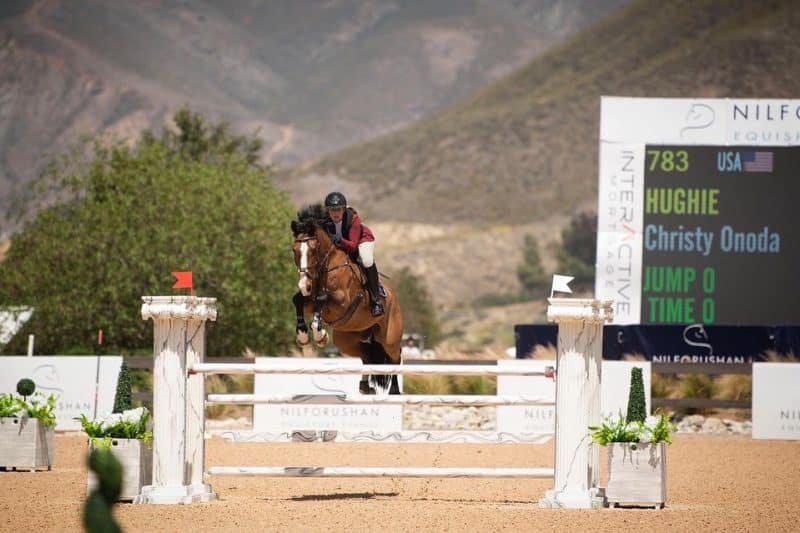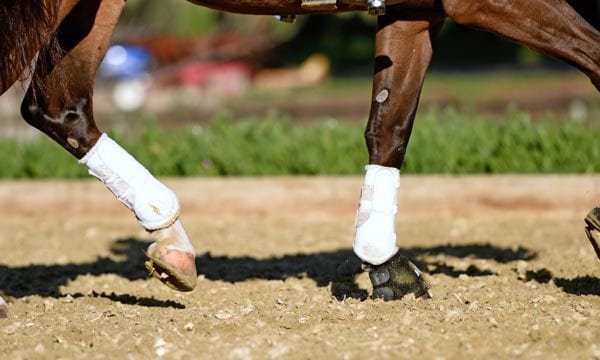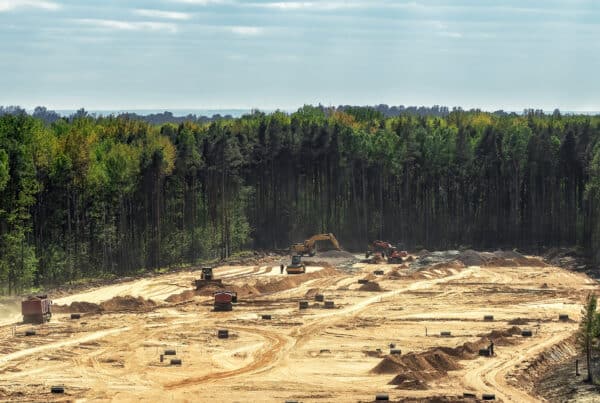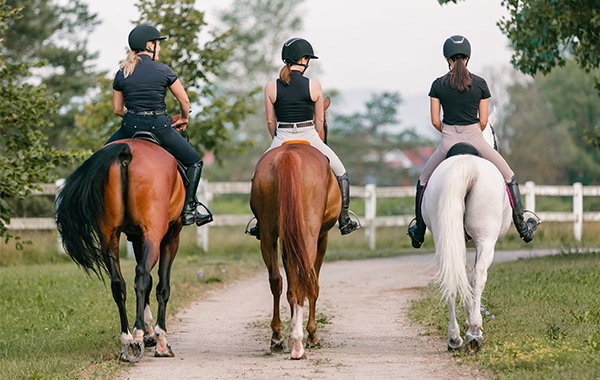Have you ever wondered what it’s like for an equestrian when they’re competing at full speed in a Grand Prix jump course? For our new blog series “In the Saddle,” we spoke with Christy Onoda to learn more about her equestrian career and get her rider’s point of view. Onoda is a lawyer, jumper, and co-owner of Caldecott Stables, a boutique equestrian training facility in Briones, California, which she runs with her husband and dressage rider/trainer, Nick Onoda. Read more below!
Tell us about you and your horse: what’s your horse’s name? How long have you been jumping and why did you start?
I started jumping when I was six years old and was head over heels in love with the sport. Without the budget for a top horse, I grew up mostly riding horses with vices that other people didn’t want to ride. But with the support of my mother and a wonderful trainer, I was fortunate enough to compete at Young Riders, Medal Finals, and was a reserve World Champion Hunter Rider. I rode my first Grand Prix when I was 15 years old and continued to be successful competing at that level for several years.
When I left for college, I took 11 years off from riding. As a broke student, it crushed me to cut horses out of my life. But after law school and becoming a Deputy Attorney General for California, I picked riding back up again. I thought I might like to try something new, and so I started riding dressage, which is where I met my husband Nick, in Del Mar! Nick was the best rider I had ever seen, and I was awe-struck, determined to learn from him. But the heart wants what the heart wants, and I couldn’t stay away from show jumping.
After we purchased our property outside of San Francisco, I finally bought Hughie, my current horse. We’ve been a team for three years now. I bought him as a young horse, and he is doing really well! Hughie is now competing at the 1.40m level, and I have high hopes that he’ll jump the Grand Prix, which is the next level up.
What is the advantage of being married to a dressage trainer? Has it helped your show jumping?
Being married to a dressage trainer has absolutely helped my show jumping more than anything; it has really helped me prioritize the correct balance, rhythm, and impulsion that we need for the upper levels. Jumping is really just “flat work with stuff in the way,” right? Nick’s knowledge of biomechanics and horsemanship has also dramatically helped me figure out what my horse is trying to tell me and how he is feeling physically and mentally, which is a game changer.
What are some of the new technical challenges that jump course designers have put into courses?
Back when I was a junior rider, courses were far more solid, requiring more power than agility. Courses now are more airy and technical, requiring quick turns, quick acceleration out of those turns, and a great amount of agility as well as power. This is where good footing is so important.
How do you prepare for a horse show and the big classes?
At home, we do mostly flatwork, cavalletis, and gymnastics. We don’t jump as big, and we work more on technical skills. But no matter what height we are jumping, it’s important that the landing doesn’t “sting” from footing that is too tight and/or hard, or is too physicallystrenuous and dangerous by being too loose.
What is the most important thing to remember while riding?
To have fun! That’s why we do it. At the end of the day, we’re asking 1,200 pound animals to jump colorful sticks, so we can’t take it all too seriously.






